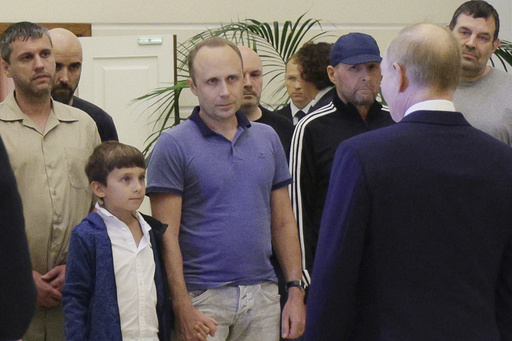When Russia invaded Ukraine in early 2022, journalists swarmed to the Polish-Ukrainian border to report on the refugees escaping the conflict. Among them was Pablo González, a Spanish freelance journalist known for his outgoing personality and work for various news outlets. González, who had been living in Poland since 2019, was arrested by Polish security agents less than a week after the war started, accused of being a Russian agent linked to the GRU, Russian military intelligence.
Despite being held without trial for years, González was released in a prisoner swap orchestrated by President Vladimir Putin, sparking suspicions that he had been working undercover as a journalist. Born as Pavel Rubtsov in Moscow before moving to Spain at a young age, González worked for several Spanish news outlets and reportedly used his journalism cover to engage in intelligence activities across Europe.
His arrest raised questions about the handling of his case by Polish authorities, especially since details of the accusations against him were never fully disclosed. The prisoner swap involving González highlighted the complex web of espionage activities that some foreign operatives engage in under the guise of journalism. His activities included befriending and spying on individuals linked to the Russian opposition, as reported by independent outlets.
Voice of America confirmed González worked briefly as a freelancer but removed his material from their website following the allegations. Concerns were raised about the politicization of Poland’s justice system and the lack of transparency in González’s case, prompting calls from activists for a fair trial or his immediate release. Some critics were frustrated by the absence of a trial and the withholding of evidence by Polish authorities.
Upon his release, González’s supporters expressed relief and awaited his next steps. With Spanish citizenship and the right to return to the European Union, there is speculation that he may choose to go back to Spain. His wife, who had been advocating for his release during his detention, expressed hope for his return to Spain in Spanish media. The case highlighted the delicate balance between journalism and espionage and the challenges faced by countries in combating covert foreign activities under the guise of media work.


